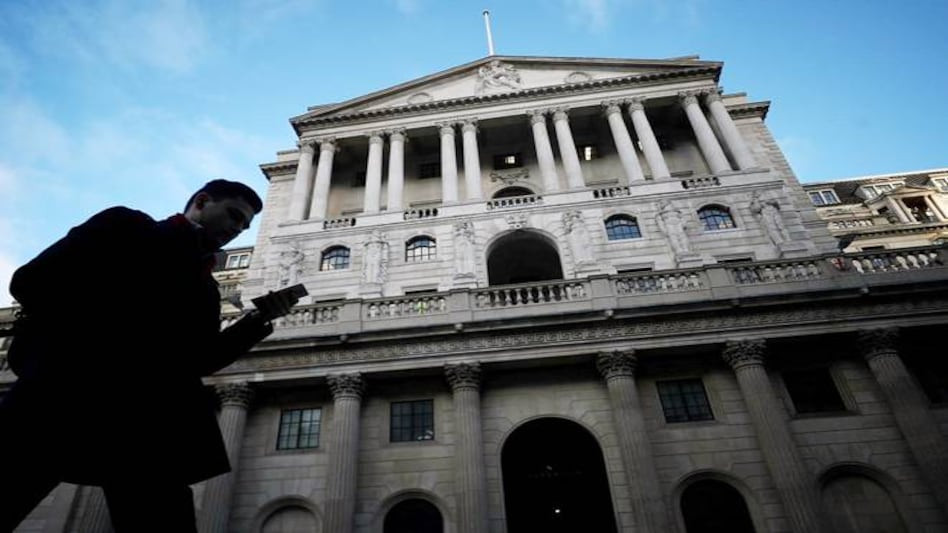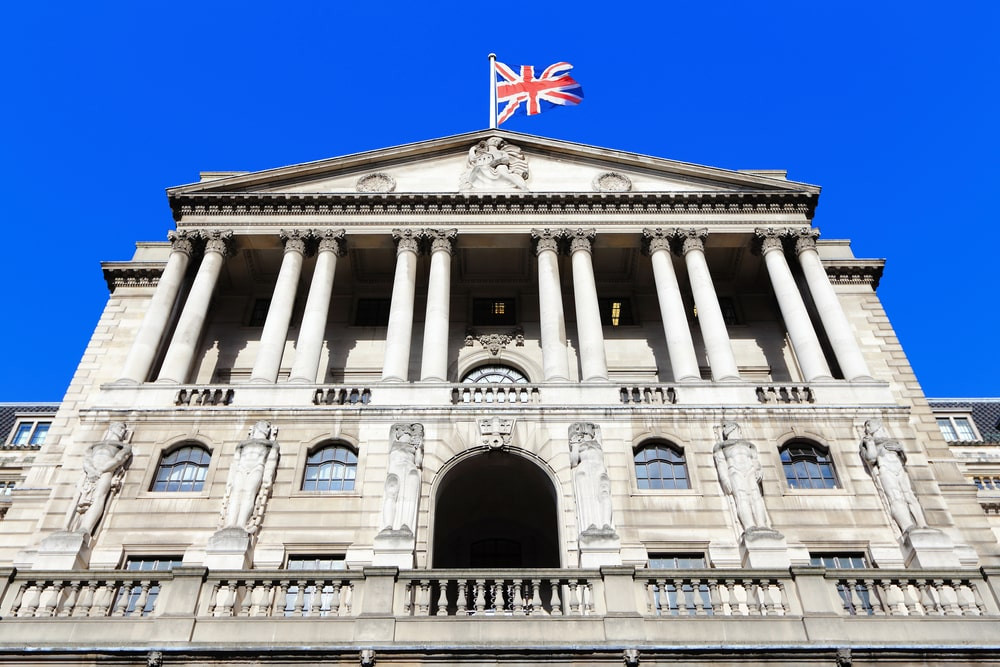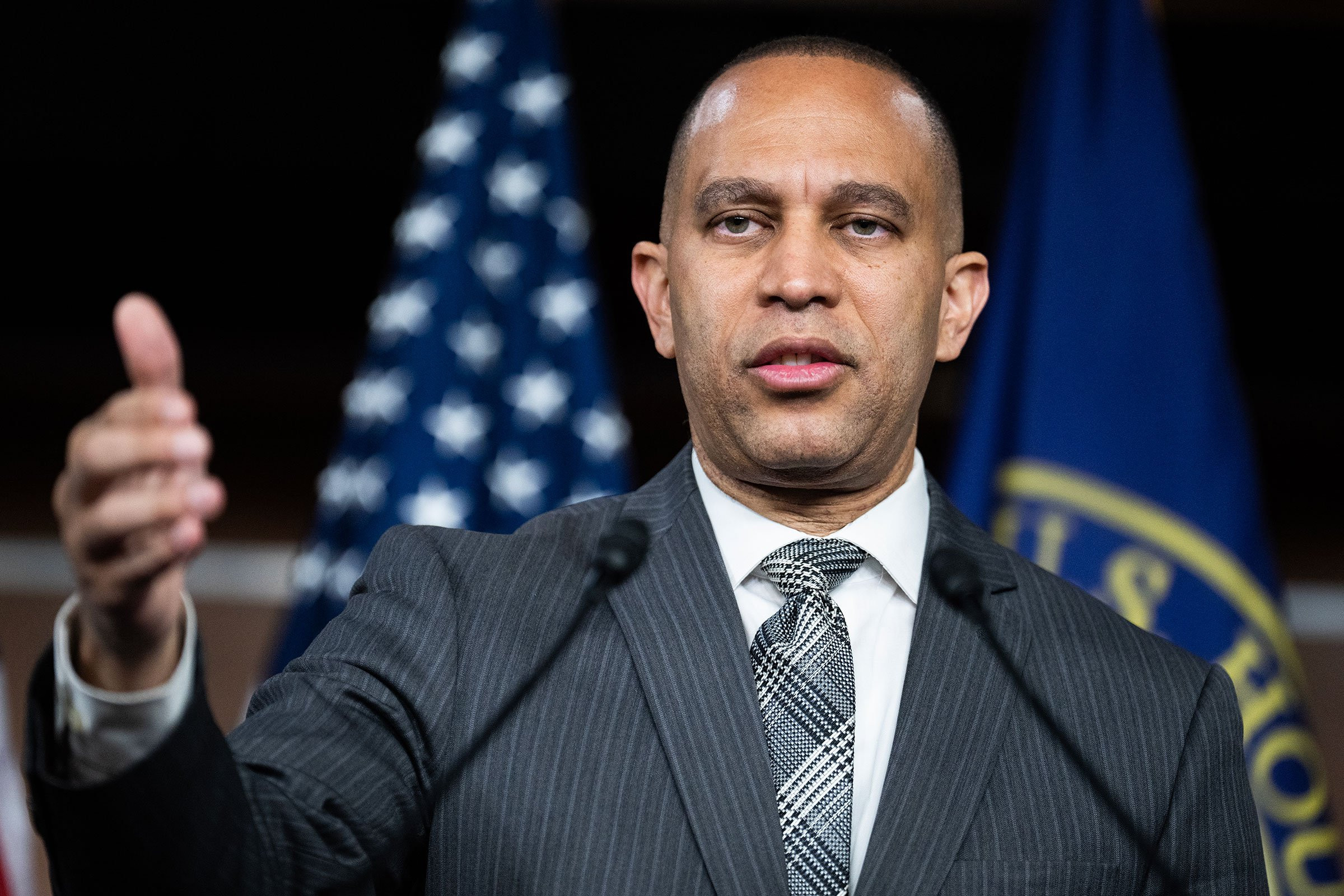It was good news for homebuyers as interest rates finally went down. But it has raised a lot of tricky questions for them
Last week’s Bank of England interest rate cut, the first since 2020, spelled good news for millions of homeowners and would-be buyers – but it has also given them lots to think about.
If you are looking to buy a home, what sort of mortgage do you go for, and is this going to push house prices even higher? And if your existing mortgage deal is about to end, should you grab another one right now, or hold fire in case lenders launch cheaper products?
The cut, from 5.25% to 5%, should translate into lower borrowing costs for homeowners with a base rate tracker mortgage, or whose monthly payments are linked to their lender’s standard variable rate (SVR).
However, almost 7m of the UK’s 8.4m existing residential mortgages are on a fixed rate, so most people won’t see any change. A chunk will, however, need to consider their options over the next few months because their current deal is coming to an end.
Here we round up some of the advice from mortgage brokers.
Should You Fix or Track?
Both have their plus points. A fixed-rate mortgage offers the certainty of set monthly payments and is arguably the safest for those whose finances are on the tighter side, which will include many first-time buyers.
However, with most experts anticipating more interest rate cuts – many economists believe we will see at least one more before the end of this year – some borrowers will be leaning towards a base-rate tracker, so they can benefit from lower payments in future. With a tracker, the rate moves down, or up, in line with the official base rate.
“I think most people will still choose to fix,” says David Hollingworth at broker firm L&C Mortgages. As well as the payment certainty fixed rates offer, these deals are also typically cheaper than trackers at the moment, he adds.
Fixed Rates Are Dropping
The good news for those favouring a fix is that the rates on new deals have been coming down. Just under a fortnight ago, some five-year fixed-rate mortgages for house purchases priced below 4% went back on sale for the first time since February.
Nationwide building society’s 3.99% five-year fix is available to homebuyers (as opposed to remortgagers) borrowing up to 60% of the property’s value, so this is not one for those who can only manage a small deposit.
For buyers borrowing 90% – that is, putting down a 10% deposit – Virgin Money has a five-year fix at 4.76%. For those who can only manage a 5% deposit, Halifax has a five-year deal at 95% loan-to-value (LTV) with a rate of 5.23%, and a two-year deal priced at 5.55%.
As can be seen, five-year fixed deals are currently a bit cheaper than two-year ones. But some buyers will still prefer a shorter term because they can then review their home loan in a couple of years, and potentially take out a cheaper deal rather than being locked in if rates fall further.
For a two-year tracker at 90%, Barclays is charging 6.1% – the base rate plus 1.1 percentage points. This is 0.55 percentage points above Halifax’s two-year fix, so it’s likely there would need to be three base rate cuts before it was cheaper.
Should You Wait?
Would-be homebuyers may be considering waiting in the hope rates keep coming down. But while the cost of a new fixed rate is expected to continue to drop, many experts believe this will be gradual.
Andrew Montlake, at broker Coreco, says that while Thursday’s rate cut will give more lenders confidence to improve offerings, “don’t expect huge downward spirals”.
For house hunters, a problem with waiting is that if house prices keep rising, any gain from lower mortgage costs could be more than wiped out by a higher property price tag.
On Thursday, in its data covering July, Nationwide said UK house prices had risen at their fastest annual rate since the end of 2022, which may have been partly fuelled by expectations of a base-rate cut.
“Those looking to buy should act quickly since, as demand increases, we may see house prices rise, potentially leading to a return to a sellers’ market and making it harder to get on the property ladder,” says Rohit Kohli at broker The Mortgage Stop.
Millions of Homeowners Face Higher Payments
Banking trade body UK Finance said last week that about 700,000 people had a fixed-rate mortgage expiring between 1 July and 31 December this year. The vast majority of them face moving on to higher monthly payments.
While the average new five-year fixed-rate mortgage was at 5.38% on Thursday, in August 2019 an equivalent deal had a rate of 2.84%, according to financial data provider Moneyfacts. (Though it could be worse: in November 2022, the average new five-year fixed-rate deal was priced at 6.32%).
Lock in a Deal Now
Remortgage offers are typically valid for up to six months, so if your deal is ending in four or five months’ time, you can reserve a loan now, and wait to see what happens.
If the cost of new deals has come down, which seems likely, then you are not committed to that mortgage offer. And if, for some reason, they have risen, you have locked in at a lower rate.
Those people who have literally just signed up to a fix, but not yet moved on to it, might want to keep a close eye on the best-buy tables to check for cheaper deals.
Don't Be Stuck on Your SVR
If you don’t lock into a new deal (either one offered by your current lender, or another provider) when your existing one ends, you will usually go on to your lender’s SVR.
Last week, the average SVR stood at 8.16%, according to Moneyfacts, and some lenders charge a fair bit more: Virgin Money’s is 9.24%.
Being on an SVR could cost you a lot, particularly if you end up sitting on it for a while. Brokers always say there are very few scenarios where someone should stay on the SVR for longer than a few months.
Situations where it may be better to stay on the SVR might include if you are coming towards the end of your mortgage, or you only have a very small balance remaining.
“There’s a danger people will think that sitting on the SVR is a good thing to do,” says Hollingworth. There is a real risk that the lower rate you may eventually enjoy may not be enough to make up for paying a much higher SVR for a few months, he adds.
Trackers Could Be a Better Option
If you think the cost of a fixed-rate deal is going to fall sharply in future, a better bet than sitting on the SVR could be to move on to a tracker with no early repayment charges (ERCs) for a while. Then, if, and when, new deals do fall in price, you can bail out penalty-free and snap one up.
Barclays has a two-year tracker, free of ERCs, with a rate of 5.15% (base rate plus 0.15 percentage points) for those borrowing a maximum of 60%. But factor in the £999 arrangement fee when you are working out what to do.
All rates were correct at the time of writing
Bank of England's Cautious Approach to Rate Cuts
It was a close call. On August 1st the Bank of England announced that it was cutting interest rates by 0.25 percentage points. The votes of its Monetary Policy Committee (MPC) were split five to four. Ahead of the announcement, markets had also been divided, pricing in roughly a 60% chance of a cut. The bank says it intends to reduce rates only gradually from here. Markets reckon it will do so once more before the end of the year (see chart).
The decision is an early gift to Prime Minister Keir Starmer’s new Labour government and will bolster arguments that his Conservative predecessor, Rishi Sunak, called last month’s election too early.
The rate cut aligns the BOE with a slow-to-start bandwagon of easing across advanced economies, possibly soon joined by the US Federal Reserve after Chair Jerome Powell signaled on Wednesday that officials are on course to cut rates in September unless inflation progress stalls.
The repricing of BOE bets was compounded by US data that showed jobless claims rose far more than expected, the latest sign of economic weakness there.
Displaying similar caution to global peers, Bailey insisted in an accompanying statement that the BOE is in no rush to ease policy.
“Inflationary pressures have eased enough that we’ve been able to cut,” he said. “But we need to make sure inflation stays low, and be careful not to cut interest rates too quickly or too much.”
A Hawkish Cut
Even so, the bank’s forecasts point to a steeper path of rate cuts over the next three years than investors were expecting. On market assumptions that rates fall to 4.1% in 2025 and 3.5% in three years’ time, inflation is at 1.7% after two years and 1.5% after three — well below the 2% target.
“This is a hawkish cut,” said Athanasios Vamvakidis, head of G-10 FX strategy at Bank of America. “I see limited impact on the pound. They are not committing to anything.”
While UK inflation is back at the desired level, underlying pressures remain uncomfortably high. The BOE said the headline gauge of consumer-price growth will bounce back to 2.7% by the end of the year, and that what happens after that depends on how wages and services prices evolve.
Inflation risks will remain “skewed to the upside,” the central bank said. “Monetary policy would need to continue to remain restrictive for sufficiently long until the risks to inflation returning to the 2% target in the medium term had dissipated further.”
The Split Vote
The committee decided to cut despite stickier underlying inflation than hoped and stronger growth than anticipated — both elements cited by the minority that opposed the move in a vote that was the MPC’s tightest since September 2023.
Services inflation was 5.7% in June, well above the BOE’s forecast for 5.1%, and wage growth has dropped only slowly. The economy is also rebounding from recession more strongly than expected. The BOE upgraded its growth forecast for this year to 1.25% from 0.5%.
For the five members who voted to reduce rates, “there had been some progress in moderating risks of persistence in inflation,” the minutes said.
Business surveys pointed to “waning wage and price pressures.” For some of those officials, the decision was “finely balanced” as inflationary persistence “had not yet conclusively dissipated.”
Alongside Bailey, Clare Lombardelli, the new deputy governor for monetary policy, backed the reduction in what was her first meeting. They were joined by deputy governors Sarah Breeden and Dave Ramsden, as well as external member Swati Dhingra.
“Data is evolving broadly in line with our expectations,” Lombardelli told reporters. “That gives you more confidence that you’re in this world where inflationary pressures are reducing.”
Chief Economist Huw Pill and external policymakers Jonathan Haskel, Megan Greene and Catherine Mann preferred to hold. It was Haskel’s last vote. In June, only two members supported a cut.
“This was clearly not a straightforward policy move, as evidenced both by the vote split and the finely balanced nature for a number of MPC members,” said Hetal Mehta, head of economic research at St. James’s Place. “The pace of cuts will become an increasing part of the debate, but big and/or back-to-back moves would be reserved for an economic shock.”
Relief for Mortgage Borrowers
The reduction will come as welcome relief for mortgage borrowers and business after 12 months with rates stuck at a 16-year high, and offers the new government an initial boon.
Starmer and his chancellor, Rachel Reeves, have been in office less than a month and have promised to boost growth to fix the UK’s ailing public services. Lower rates will help growth and bring down debt-servicing costs, giving the government more money for its spending priorities.
The BOE was briefed on the chancellor’s policy changes on Monday, when public-sector workers were awarded a £10 billion ($12.8 billion) pay rise, but officials did not include them in the August projections. The effects on the fiscal stance will be in the November forecast following the full budget on Oct. 30.
While Reeves hailed the rate decision as “welcome news,” she noted in a statement that millions of families were still facing elevated mortgage rates and reiterated warnings that “difficult decisions” will be necessary to fix Britain’s economy.


















